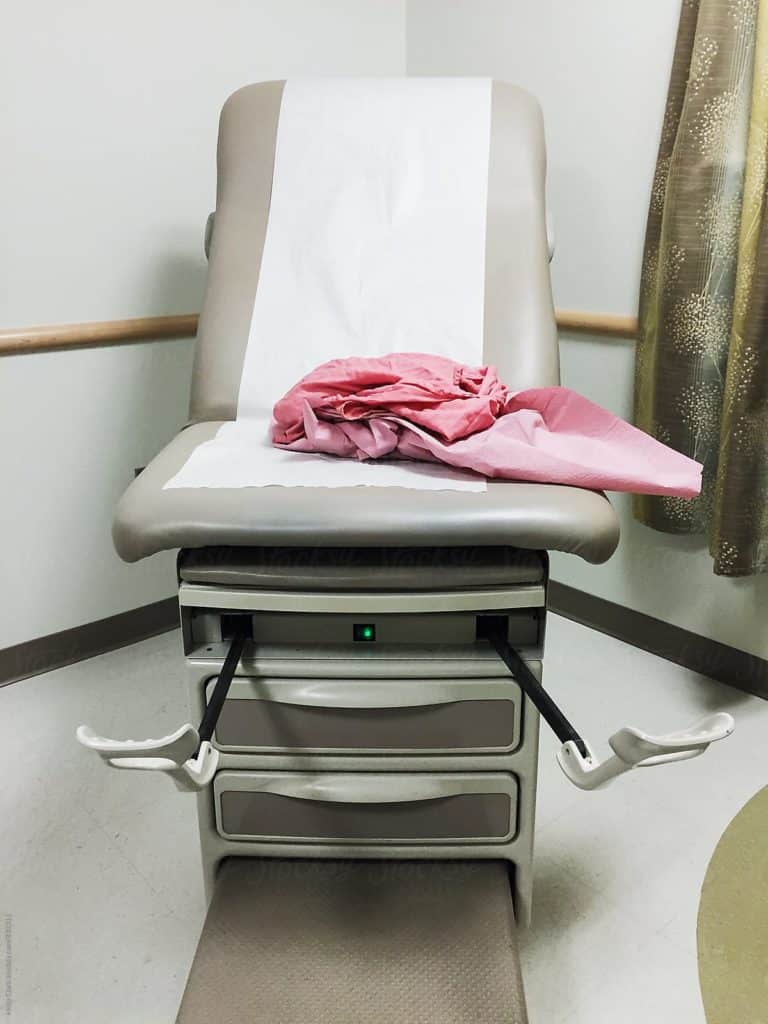Why Get A Pap Smear?
Routine checkups testing for HPV with your healthcare provider is your saving grace.
Prevention is key in cervical cancer.
Cervical cancer is a slow-growing cancer that can take years to proliferate to actual cancer. Starting with abnormal cells, CIN I, II, and III, ASC-US, LSIL, HSIL, and eventually, squamous cell carcinoma. It can take your body years to progress through these stages.
Regular Pap smears allow for your healthcare provider to track the progression of abnormal cell growth to inform their treatment plan.
Most cases of cervical cancer are entirely preventable when caught early. Making simple lifestyle modifications to boost your immune system may be all you need in the early stages.
The United States Preventive Services Task Force (USPSTF) recommends screening every 3 years with cervical cytology, using Pap smears, for women aged 21 to 29. Between 30 to 65 years of age, Pap smears once every 3 years are recommended, along with an HPV test alone or combined with a Pap smear every 5 years.
What Is A Pap Smear?
A Pap smear is a screening procedure involving the collection of a small sample of cells from your cervix.
Your cervix is basically a canal from your uterus opening out to the vagina. Your doctor will use a speculum inserted in your vagina and a small brush to collect a sample which is then sent off for testing.
Pap smears may be a little uncomfortable, but with proper technique, they should not be painful.
Does a Pap Smear Test for STDs?
Technically, no.
A Pap smear tests for cervical cell changes. This may be due to HPV, or it may be caused by another cancer-causing path. Sometimes your healthcare provider may co-test, which means they would combine a Pap smear with an HPV test, which tests if your cervical cells actually are infected with HPV, specifically high risk HPV (hence the name).
If you are concerned about having other STDs, you should discuss your sexual history with your medical doctor before deciding which STD tests to run.
What About The HPV Test?
The HPV test will detect if your cervical cells are infected with high risk HPV, while the Pap smear will detect any cervical changes, including those that may not be associated with HPV.

Who Needs A Pap Smear?
Pap Smears are recommended for women between the ages of 21 and 65.
Women younger than 21, older than 65, or women who have had a hysterectomy do not need to screen for cervical cancer with prior screening.
Because cervical cancer is slow-growing, it is not likely to detect cervical cancer earlier than age 21, even if they are infected earlier. Completing Paps at this age may have more risk than benefit, including fertility implications.
If a woman over the age of 65 has never been properly screened for HPV, testing may be indicated.
Three consecutive negative cytology tests before 65 is adequate enough to halt screening, even when new partners are reported.















